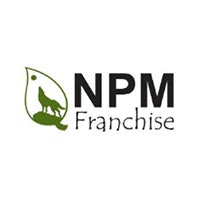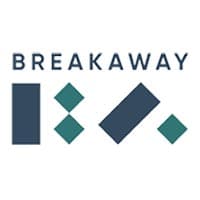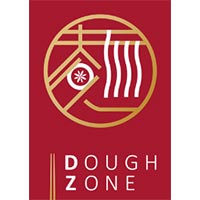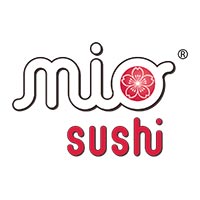Is Your Business Ready to be Franchised?
The first steps are: (1) to determine whether or not your business is ready to be franchised and (2) to ensure that franchising is more appropriate than other forms of business expansion.
Franchising involves duplicating a successful business model. Therefore, it is usually important for a prospective franchisor to have first successfully duplicated its business. This “duplication” process is facilitated as the business owners develop – usually through trial and error – standards and procedures that have been proven to help the business succeed.
Standards and Procedures
Standardization is one of the hallmarks of franchising. When you purchase products or services from a well-known franchise brand, you expect a similar experience each time you make a purchase. You expect to be greeted the same way by the cashier (or the receptionist, the sales person or other company representative); you expect the food to taste the same (or other products or services to always have the same quality); you expect the brand image to be consistent (including signage, color schemes, and décor). In short – you expect a similar experience each time you engage with a good franchise company.
Therefore, if you are to franchise your business, then you must have taken some firm steps toward standards and procedures that can be duplicated successfully by your future franchisees. These are the special ways that your business provides products or services to its customers. It is not only important to develop standards and procedures, but also to test them to make sure they contribute to the overall success of the business.
As we begin the process of franchising your business, you will start writing down, even informally, the standards and procedures you already know. Then, as you go about your activities, you will add to the list little by little as things come to your mind. Before long, you will have a strong draft for your confidential Operations Manual. Then, as a franchisor, you will focus on continuing to develop and improve the standards and procedures for the benefit of all who are involved in the franchise system.
Is Franchising the Best Expansion Method for Your Business?
Potential Benefits of Franchising
Franchising allows business owners to expand their operations with less capital investment than some other expansion methods because the franchisees (rather than the franchisor) contribute their own capital to develop their franchised businesses. The franchisee pays for its initial and ongoing business expenses and then usually pays an upfront fee (“Initial Franchise Fee”) and certain ongoing fees (including a “Royalty Fee”) to the franchisor for the value of the franchise system.
Franchising also allows the franchisor to incur less risk than some other expansion methods. Each franchised operation is independently owned and operated by a franchisee. That franchisee takes on the majority of the risk of loss associated with its business operations. If a business were to expand only through company-owned operations (rather than through franchising), for example, the company would be responsible to cover all of its capital costs to develop the business and would take on all the business risk (and potential benefit).
Franchising is common is virtually every business industry and is a model that works for many businesses. Contact us to find out if franchising is right for your business.
Alternatives to Franchising
The “Franchise Feasibility” process also involves consideration of alternatives to franchising. Some alternatives may or may not be appropriate depending upon circumstances. Legal advice is required to help avoid accidentally creating a business arrangement that violates franchise, business opportunity, securities or other laws.
Following is a non-exhaustive list of some alternatives to franchising: (a) company-owned operations; (b) joint ventures; (c) subcontracting; (d) agents, manufacturer’s representatives and brokers; (e) cooperative associations; (f) traditional wholesaling through distributors or dealers; (g) consulting services; (h) management agreements; and (i) regulated business opportunities.






